The discovery of colossal structures like the Big Ring is reshaping established theories about the physics of the Universe.
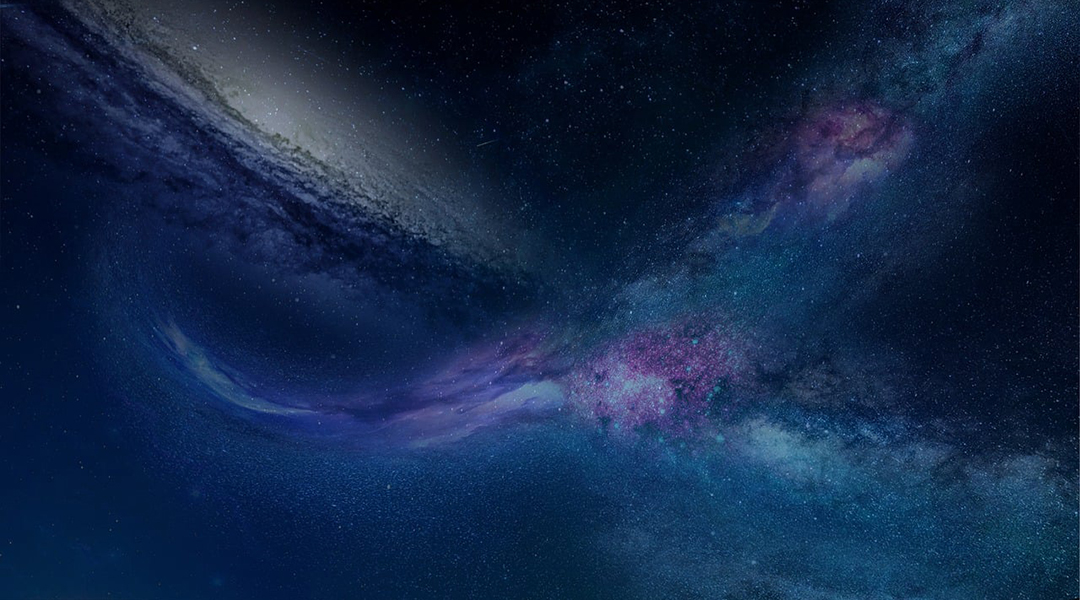

The discovery of colossal structures like the Big Ring is reshaping established theories about the physics of the Universe.
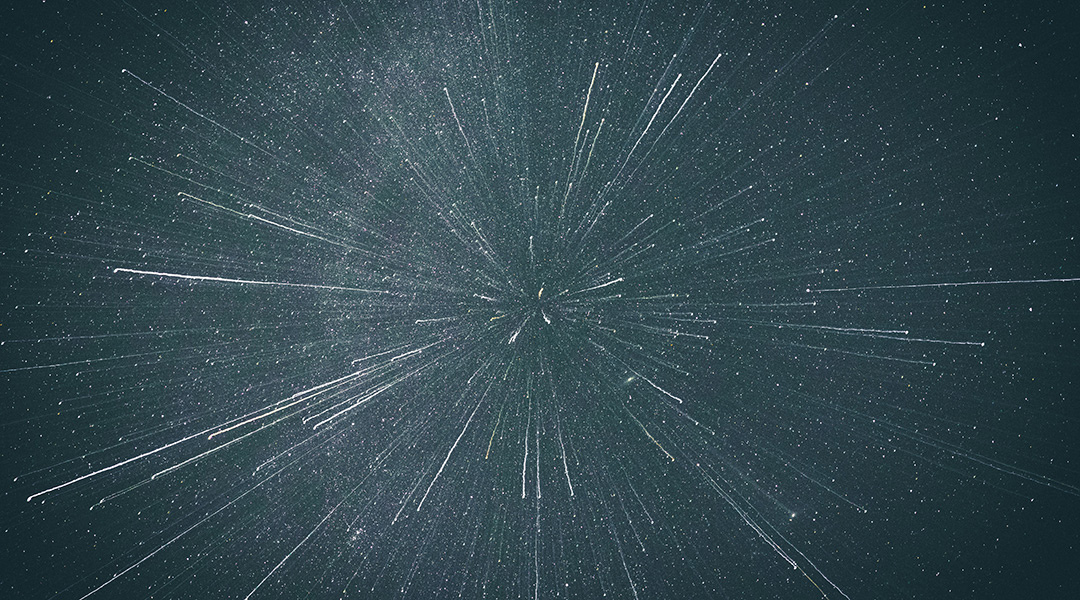
By adding primordial magnetic fields to the Standard Model, researchers may solve the mystery of the Universe’s expansion.

Dive into the mesmerizing world of sharks and rays, where vibrant blues emerge through never-before-seen structural colors.
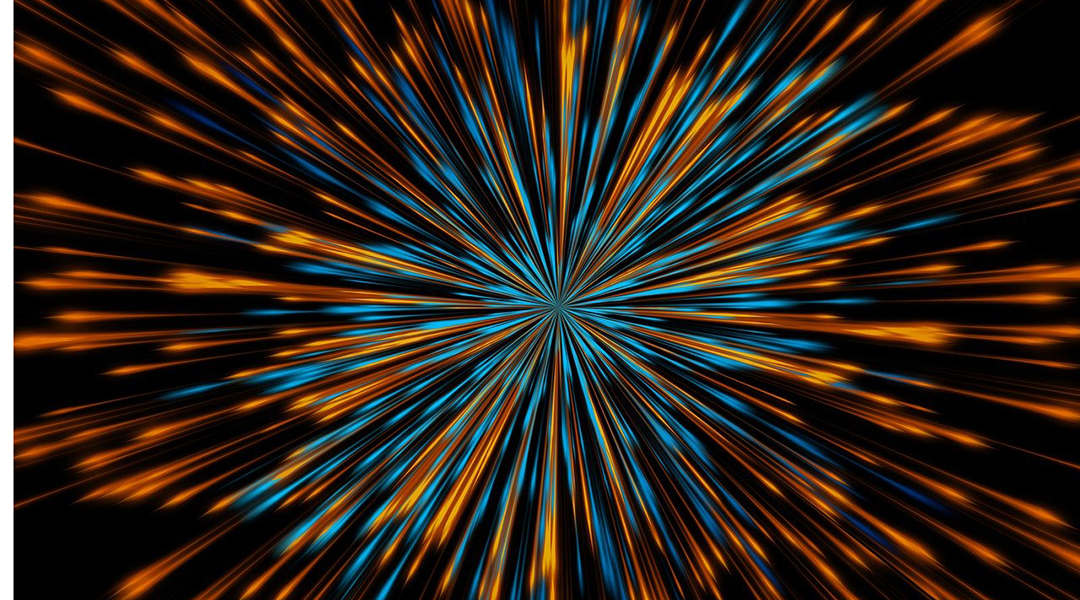
Enhanced experimental precision has the potential to either confirm or dispel uncertainties surrounding the Standard Model of Physics.
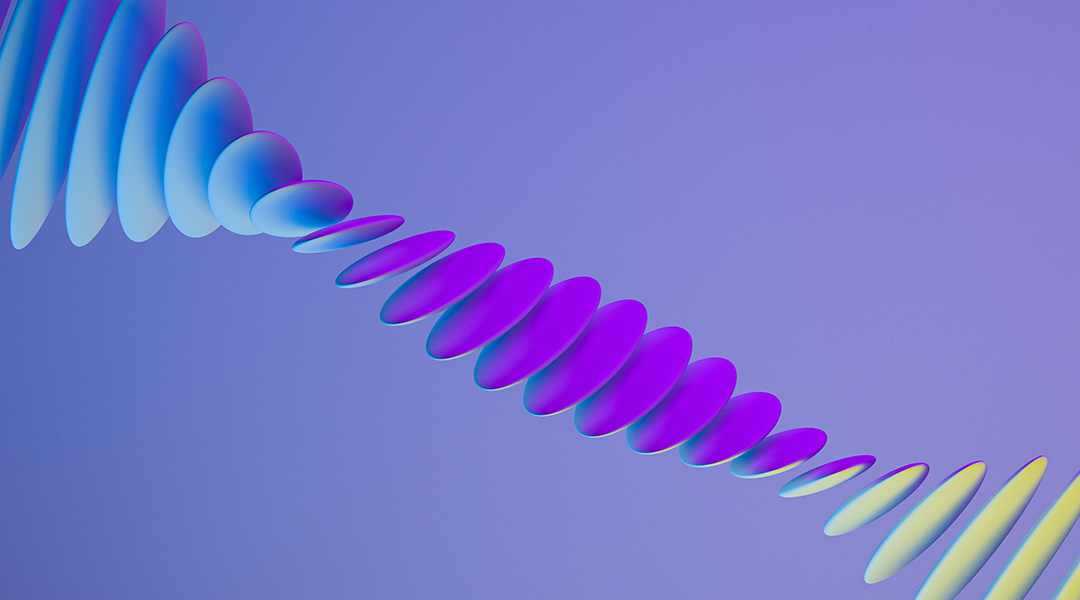
Vital to the fusion process and used in a wealth of technological applications, new research shows quantum tunneling is still delivering surprises.
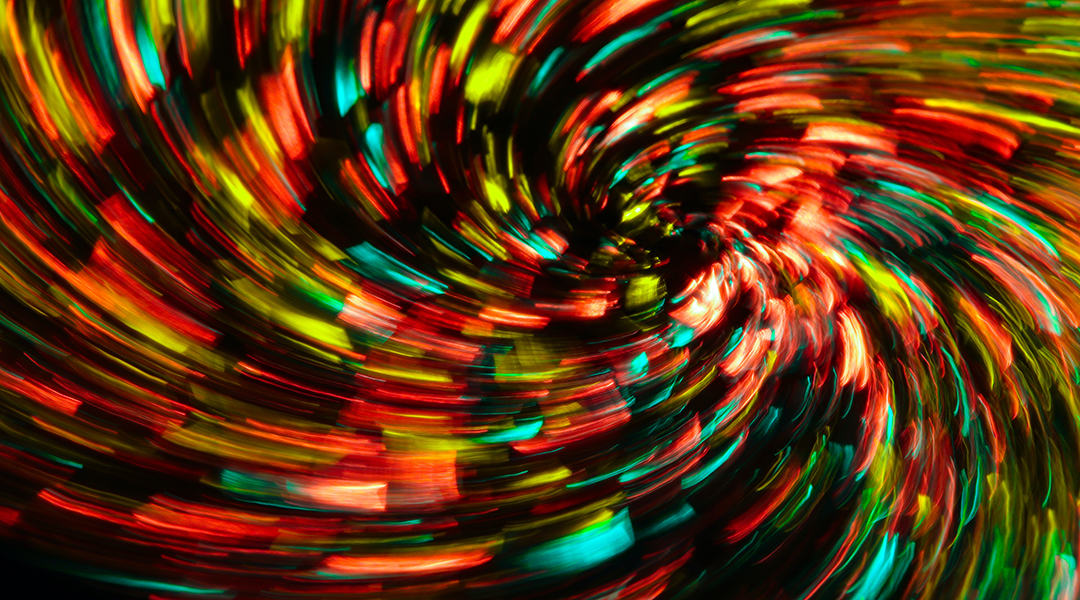
A new approach to understanding gravity helps eliminate some discrepancies inherent in general relativity.

Comparing simulated X-ray emissions from galaxy clusters to real observations provides support for the Standard Model of Cosmology.
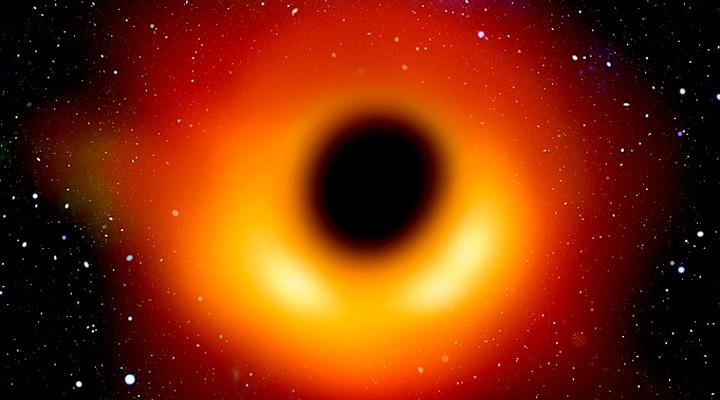
Finding the Universe’s first black holes with the help of Hawking radiation.
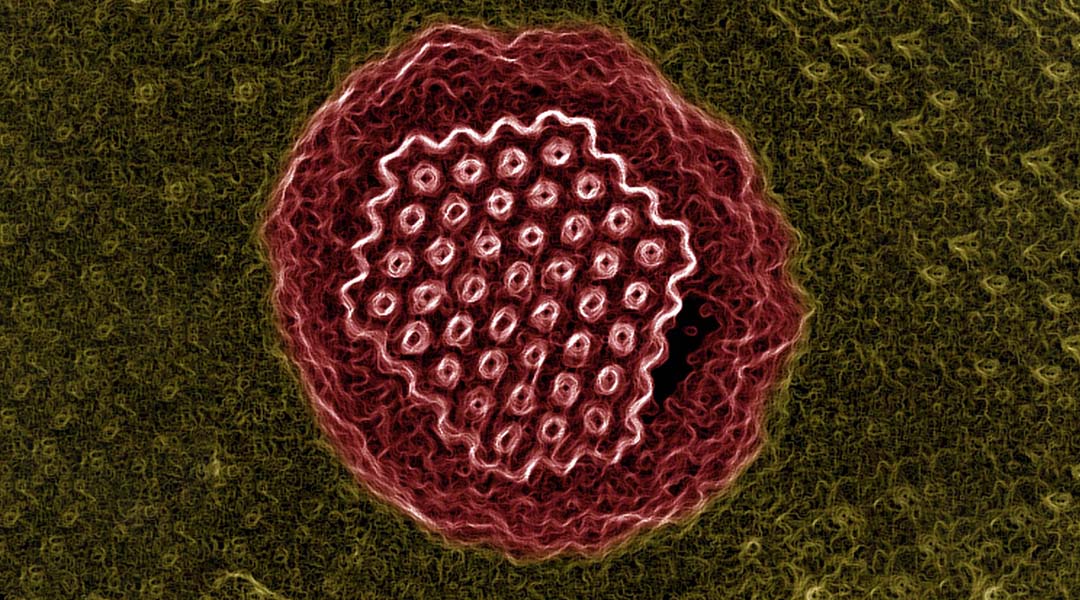
How seven ancient viruses ranging in age from 27,000 to 48,500 years were recovered from the Siberian permafrost, and what researchers hope to learn from them.
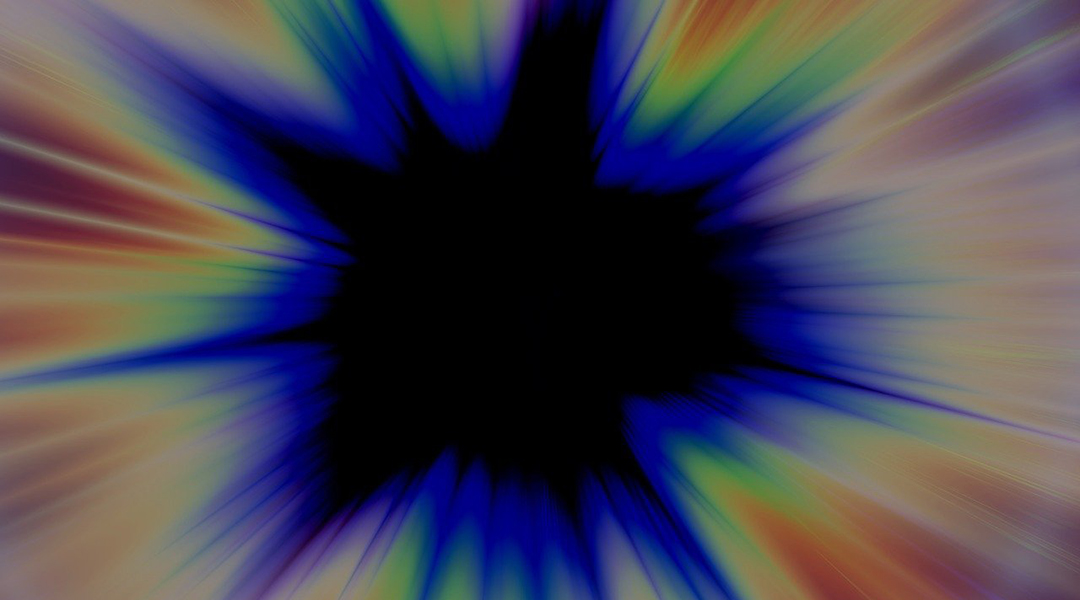
Conflict between theory and observational evidence suggests a missing ingredient in our understanding of the early Universe.